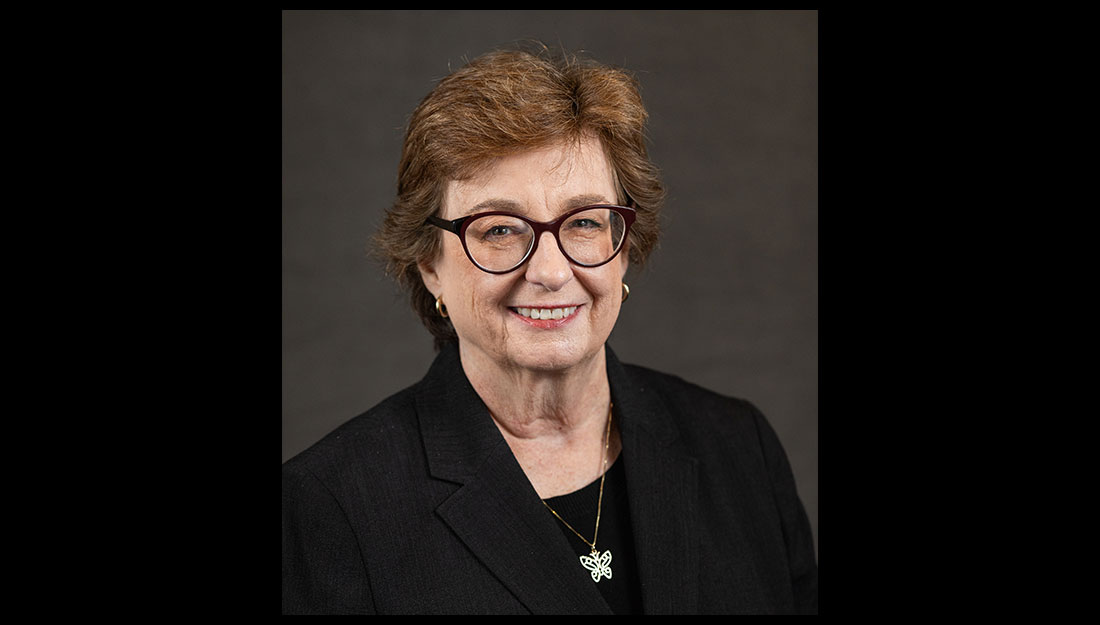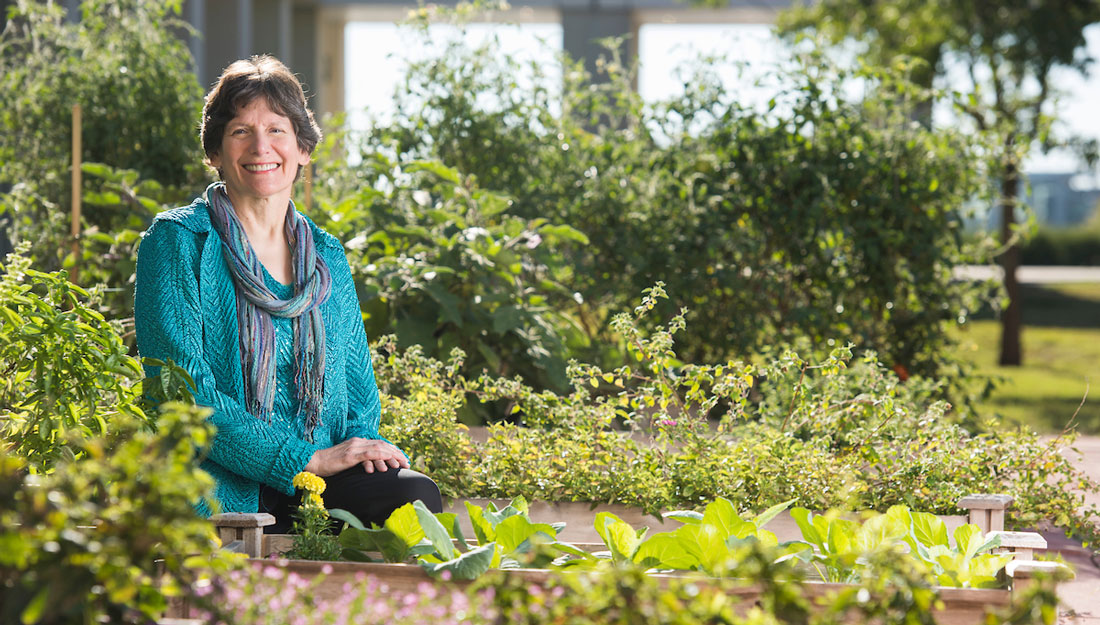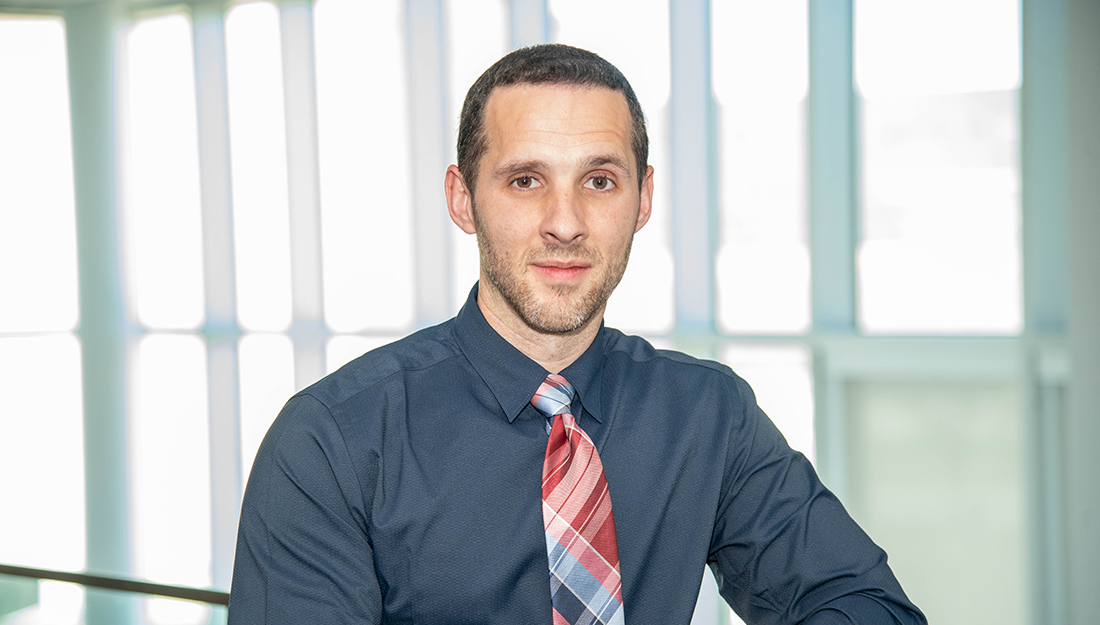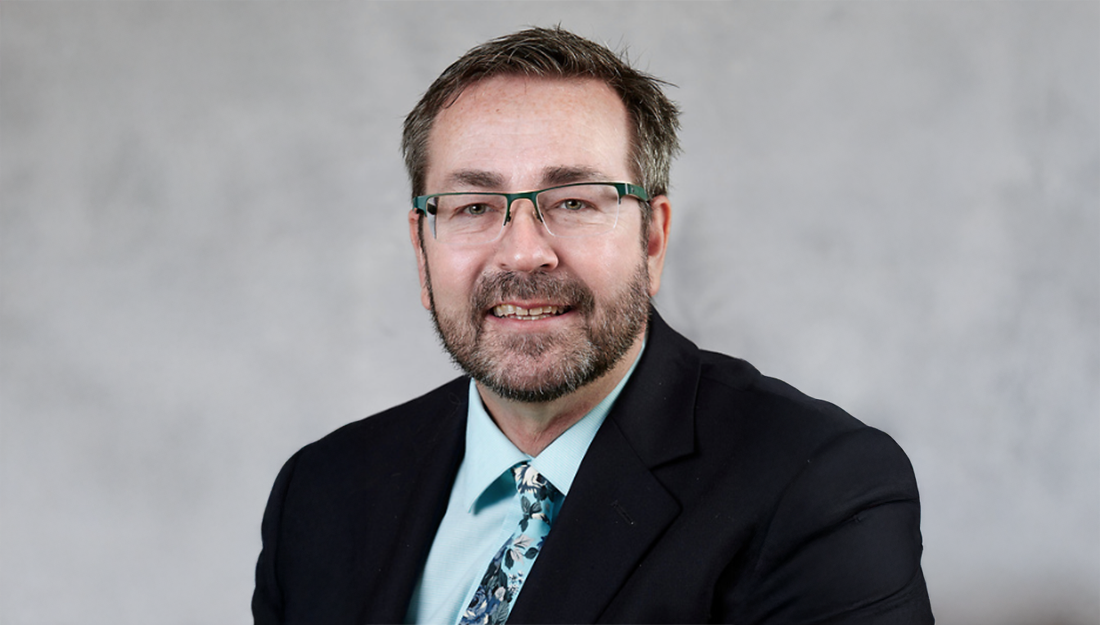- College of Medicine Marketing and Communications
- Administrative Updates
Leader steps down after a decade with the College of Medicine
Patricia Watson most recently served as head of the Department of Humanities in Medicine and interim head of the Department of Psychiatry and Behavioral Sciences

Patricia Watson graduated with the inaugural class of the Texas A&M College of Medicine.
Patricia Watson, MD, ’79 ’81, was barely old enough to read when she developed an interest in medicine. The seed was planted at her best friend’s house, next door to her own in Beaumont.
“Her father was a thoracic surgeon, and she and I loved to sneak into his room to pore through his medical books,” Watson said. “The photos were intriguing, and it was clear that his job was important.”
That interest took root and fully blossomed when Watson was on the high school basketball team and developed Achilles tendinitis, a painful inflammation of the Achilles tendon.
“The doctor took one look and said I would have to give up sports,” she said. “I was devastated and knew he would not have said that to the star of the football team. From then on, I was determined to become a doctor myself, to treat patients the way they deserve to be treated.”
Watson grew up in a family full of Texas A&M graduates—her mother even took classes there before women were allowed to earn degrees—and spent a lot of time with her grandparents, who lived in Bryan. She jumped at the chance to be among the inaugural class of graduates of the university’s new medical school, especially since there was a program that would enable her to earn a bachelor’s degree and MD in just six years.
Launching a career in psychiatry
During her third year of medical school, a psychiatry clerkship—her first—inspired her to switch her interests from family medicine to that specialty.
“I was fascinated by all the ways illness can impact mental health,” she said. “And I saw some remarkable recoveries in my psychiatry rotation that led me to wonder about this impact as I continued working with patients in my other clinical rotations.”
And now, after an influential, decades-long career that culminated at her alma mater as head of the Department of Humanities in Medicine since 2018 and as interim head of the Department of Psychiatry and Behavioral Sciences since 2024, Watson is retiring, effective Jan. 3, 2025.
“I was fortunate to have been a psychiatrist in private practice during a transformative era for the profession and am proud to have helped train physicians during a similarly transformative time at Texas A&M,” she said.
After specialty training at the Mayo Clinic and University of Texas Health Science Center in Houston, Watson set up a private practice in Houston in 1985 (relocating to Spring in 2009), taking only a temporary leave of absence after her second child was born.
Adopting a holistic approach to health
Watson and her patients experienced first-hand many of the changes in psychiatry during that era.
“My interest in a holistic approach to mental health that includes physical health and social factors meshed well with changes in that direction across the profession,” she said. “In addition, awareness and acceptance of mental health issues grew significantly, which reduced the stigma associated with mental illness and made seeking treatment more acceptable.”
In 2014, Watson was credentialed as a facilitator and co-founded a series of workshops based on The Daring Way™, which leads participants to explore their experience of shame and identify ways to build on their courage, vulnerability and resilience.
The program is based on the research of Brené Brown, an academic at the University of Texas and University of Houston whose work on these topics has made her an enormously popular author and podcaster.
“I realized that some of the things she embedded in her program were the exact things we all need for overall health and well-being—what I call the wholehearted life—and started using them with patients,” Watson said.
She also considered how traditional medical training sometimes neglected these issues, which to her thinking, are detrimental for physicians and patients alike.
“Not getting enough sleep is seen as a good thing, for example,” she said. “We are too often expected to prioritize perfection over excellence and to entirely give up things that ground us in being human and make this burden more bearable, like human connection, laughter and art.”
A new career path
A year or so after Watson embraced this new approach, her mentor in The Daring Way™ asked her a “triggering” question: Did medical school teach her about shame?
“I answered that it did, but not in the way she was thinking,” Watson said. “That realization made me decide to start a new chapter in my career.”
She closed her practice and moved to Austin, intending to continue offering her workshop and take a position with the Baylor Scott & White facility in Round Rock, where she would introduce psychiatry residents to the concepts in her workshops.
A chance conversation with one of her friends and medical school classmates, Mark Sicilio, MD, in 2015 led her to consider a totally different path.
“I was not thinking of undergraduate academic medicine at all, but many things dovetailed at the same time to make that happen,” she said. “I called Mark simply to ask him if he knew anything about what it was like to work at Baylor Scott & White.”
Sicilio was—and remains—heavily involved with the College of Medicine’s Department of Humanities in Medicine, which had been part of the physician and clinician training program since the college’s founding.
Watson acknowledged that while being patient centered was a focus of psychiatry, the profession too often used shame to try to motivate patients to stop smoking, lose weight, exercise more—all the things patients know they need to do but do not do for various reasons.
Watson observed that patients’ physical symptomology would improve with medication and psychotherapies, and they would be deemed well according to the customary rating scales, but in fact, they were not well.
“I thought of it as the impact of other people’s guilt,” she said. “Past interactions with family and friends had written scripts that told patients that they were unworthy of love and connection. Through my work with The Daring Way™, I realized what I was seeing in my patients was shame.”
After discussing the concepts of shame resilience and wholehearted living with Sicilio, he told Watson that Baylor Scott & White was a great place to work, but he had another idea—she should join the faculty at Texas A&M, where she could have a greater influence on medical training by working with medical students rather than residents.
An interview with Paul Ogden, MD, then interim dean of the college and currently a clinical professor there, led Watson to a job in the fall of 2015 as an instructional assistant professor to “look over the shoulder” of the faculty member who led a course on becoming a physician.
“She left the day I got here!” Watson said. “I was asked if I could run this thing, and I decided that since the universe asked me to do this, I would say ‘yes.’ So suddenly, I was in charge of a whole course!”
Hitting the ground running at her alma mater
Watson has made many contributions during her decade-long career at the College of Medicine, including developing curriculum, teaching courses and serving on numerous college, university and professional association committees. She also helped lead programs such as the White Coat Experience, which includes debriefings and small group discussions on ethical issues as part of the Humanities, Ethics, Altruism, Leadership (HEAL) curriculum.
“Most medical schools do not have the focus on the humanities that we have here,” she said. “I have found that during their first 18 months, medical students are so immersed in the basic science—what is that chemical, what is a muscle and how does it move that joint and so on—that they can lose touch with the humanities piece. But when they get into their clinical years, they tell us that the humanities was in many ways the most important stuff they encountered.”
This is because doctors can’t effectively treat patients if they don’t understand their jargon or trust them, she said, adding that numerous studies have found that patients who believe their doctors are compassionate have better outcomes than those who do not.
Creating a culture of well-being throughout the medical school experience
Among her many achievements, Watson is proudest of her efforts to infuse the humanities throughout the curriculum across all eight semesters of medical school and of efforts to acknowledge and reduce bias in the curriculum and through different activities with students.
“Since we focus on the well-being of our students, we have to also look at bias,” she said. “For physicians of my generation, that included bias against women becoming doctors, and today we realize it also includes bias regarding age, weight, speech, education, disabilities—all of the factors that feed into how we train doctors for diagnosing and interacting with patients.”
Watson is optimistic as her time with the college comes to an end, despite the national statistics regarding physician suicides, burn-out and other conditions.
“We are still in a state of flux when it comes to taking care of ourselves while also taking care of patients, but the good news is that, I think, most young doctors understand how important this is,” she said. “I hope medical students have learned this from me more than anything else: we can deliver quality care without sacrificing ourselves along the way. In fact, this is the only way I can see that we can improve health care and address the shortage of health care professionals.”
Media contact: media@tamu.edu


